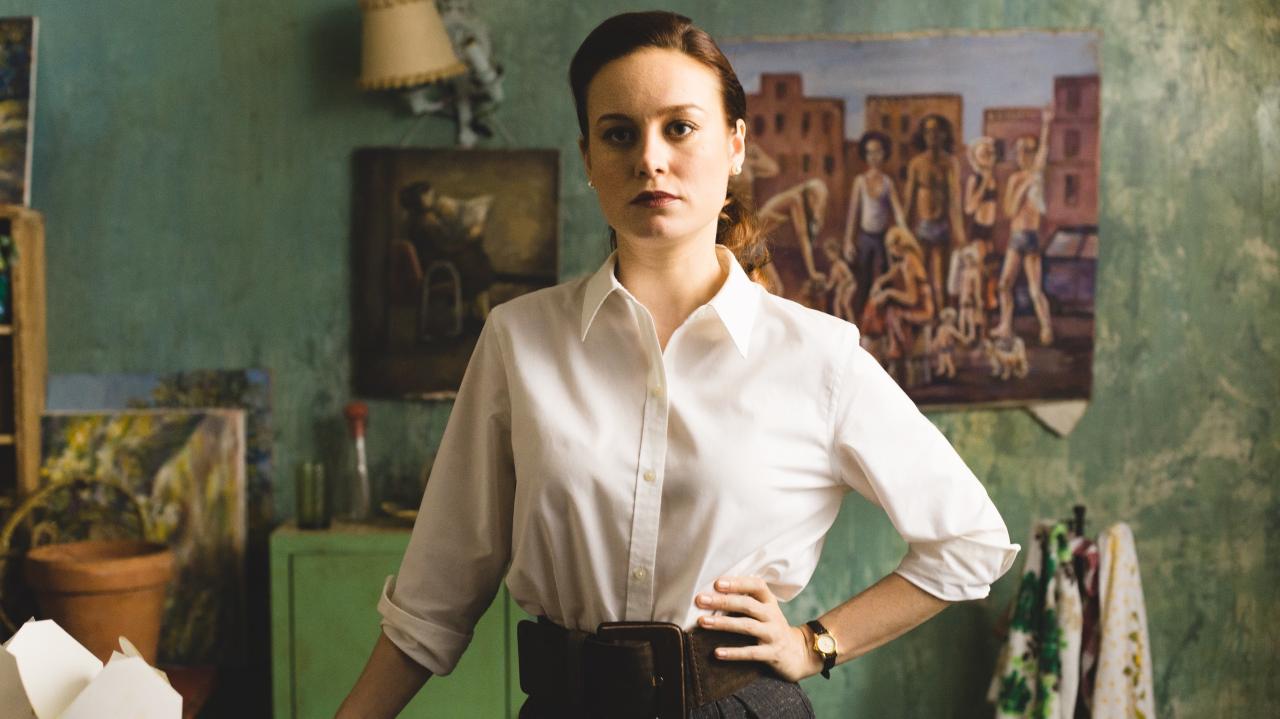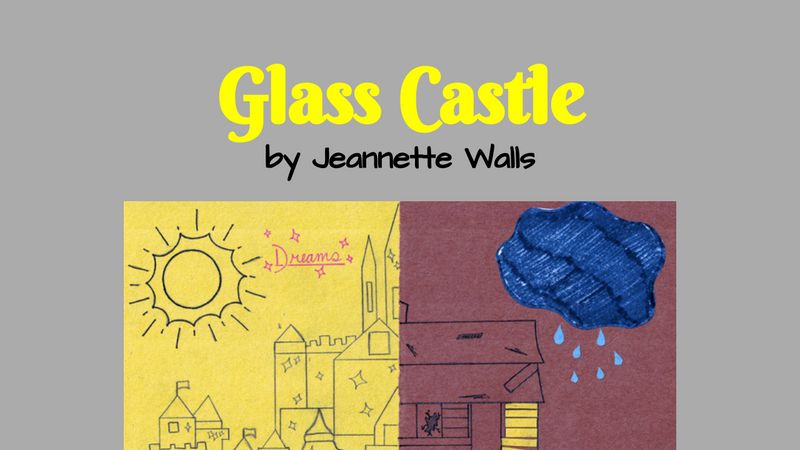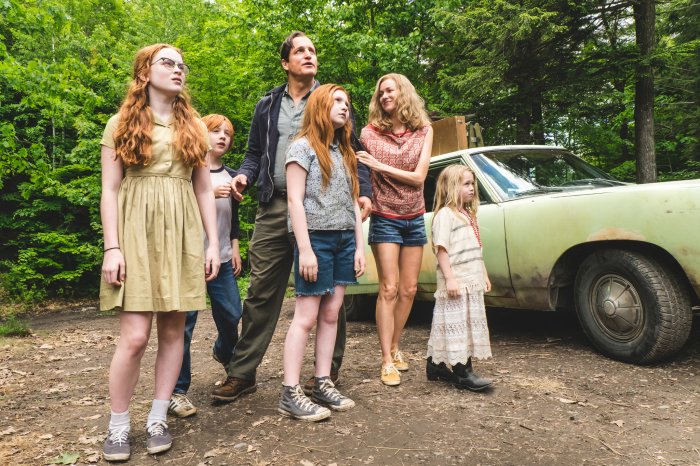Metaphors in the glass castle – In Jeannette Walls’ memoir, “The Glass Castle,” metaphors serve as a kaleidoscope of insights, illuminating the Walls family’s tumultuous experiences. These literary devices paint a vivid tapestry of their struggles, resilience, and dreams.
Through metaphors, Walls explores the family’s complex relationship with their nomadic lifestyle, their unconventional upbringing, and the harsh realities of life.
Metaphors in the Glass Castle

In Jeannette Walls’ memoir, “The Glass Castle,” metaphors play a significant role in conveying the complex and often harsh realities of the Walls family’s life.
One key metaphor is the “glass castle” itself. It represents the family’s elusive dream of a stable and secure home. Despite their poverty and nomadic lifestyle, the children cling to the hope of one day living in the beautiful glass castle that their father promises them.
The castle symbolizes their yearning for a place where they can finally feel safe and loved.
Metaphorical Representation of the Walls’ Family Dynamics
- The “nomadic” lifestyle of the Walls family can be seen as a metaphor for their constant search for a sense of belonging.
- The “garbage dump” where the Walls children play represents the harsh and unforgiving environment in which they are forced to grow up.
- The “glass castle” that the father promises to build is a metaphor for the elusive dream of a stable and secure home.
The Glass Castle as a Metaphor: Metaphors In The Glass Castle
The Glass Castle is a central metaphor in the memoir, representing the Walls family’s life. Its fragility and instability reflect the family’s struggles and challenges.
Symbolism of the Glass Castle
The Glass Castle is a symbol of the family’s dreams and aspirations. Rex Walls, the father, envisions it as a grand and beautiful home where his family will live happily. However, the castle remains unfinished, a constant reminder of the family’s broken promises and unfulfilled dreams.
Fragility and Instability
The castle’s fragility reflects the instability of the Walls family. The family is constantly moving, never settling down in one place. They live in poverty, often without basic necessities. The castle’s instability symbolizes the family’s constant struggle to find stability and security.
Metaphors of Childhood and Innocence
The Glass Castle is a memoir by Jeannette Walls that recounts her childhood and adolescence in a dysfunctional family. The book is full of metaphors that capture the children’s experiences of childhood and innocence. These metaphors convey the loss of innocence and the harsh realities of life.
The Glass Castle
The glass castle is a metaphor for the children’s dreams and aspirations. It is a symbol of their hope for a better life. However, the castle is never built, and the children’s dreams are never realized. This metaphor conveys the harsh reality that life is not always fair and that dreams can be shattered.
The Mountains
The mountains are a metaphor for the challenges that the children face. They are a symbol of the obstacles that they must overcome in order to survive. The children must climb over mountains, both literally and figuratively, in order to reach their goals.
This metaphor conveys the idea that life is a difficult journey and that we must never give up on our dreams.
The Desert
The desert is a metaphor for the loneliness and isolation that the children feel. They are surrounded by a vast and unforgiving world, and they feel like they are all alone. The desert also symbolizes the children’s search for a sense of belonging.
This metaphor conveys the idea that we all need to feel loved and connected to others.
Metaphors of Nature

The Glass Castle is replete with nature metaphors that reflect the Walls family’s deep connection to the land and their resilience in the face of adversity. These metaphors often juxtapose the beauty and harshness of nature, mirroring the family’s experiences.
Nature as a Source of Beauty
The Walls children find solace and wonder in the natural world. The desert’s vastness and the mountains’ grandeur evoke a sense of awe and insignificance, reminding them of the power and mystery of the universe. The river, a constant presence in their lives, symbolizes life’s journey, its currents and eddies representing both challenges and opportunities.
Nature as a Source of Harshness
Nature can also be unforgiving, as the Walls family learns firsthand. The unforgiving desert sun scorches their skin, while the relentless wind strips the land bare. The storms, both literal and metaphorical, test their limits and threaten to overwhelm them.
Metaphors are a powerful tool in “The Glass Castle”, revealing the hidden truths and emotions behind the story. Just like the vibrant imagery in the children’s play “The Little Mermaid Jr”, metaphors breathe life into the narrative. Check out the script to see how metaphors enhance the underwater world and the characters’ journeys.
Returning to “The Glass Castle”, these literary devices illuminate the complexities of family, resilience, and the search for home.
Yet, like the resilient plants that thrive in the desert, the Walls family endures, finding strength in their adversity.
Metaphors of Escape and Hope

In Jeannette Walls’ memoir, “The Glass Castle,” metaphors of escape and hope pervade the narrative, symbolizing the characters’ struggles and their resilience amidst adversity.
Dreams of a Better Life
- The glass castle:Rex Walls’ ambitious dream of building a magnificent glass castle represents the family’s yearning for a stable and secure home, a refuge from their chaotic and often nomadic existence.
- The stars:The children often gaze at the stars, symbolizing their hopes for a brighter future and their belief that anything is possible if they dream big.
Elusive Freedom
- The open road:The family’s frequent moves represent their search for freedom and a better life, yet also their inability to escape the cycle of poverty and instability.
- The desert:The harsh and unforgiving desert landscapes encountered by the family symbolize the challenges and obstacles they face in their quest for a better life.
Resilience Amidst Hardship
- The phoenix:The legendary bird that rises from its own ashes symbolizes the family’s ability to overcome adversity and find hope in the darkest of times.
- The willow tree:The flexible and resilient willow tree represents the family’s adaptability and strength in the face of adversity.
Table of Metaphors
The following table lists key metaphors from Jeannette Walls’ memoir, The Glass Castle, along with their interpretations and the page numbers where they appear:
This table provides a structured overview of the novel’s significant metaphors, helping readers to understand their symbolic meanings and how they contribute to the overall narrative.
| Metaphor | Interpretation | Page Number |
|---|---|---|
| The Glass Castle | The Walls family’s elusive dream home, symbolizing their unrealistic aspirations and shattered hopes. | 1 |
| The Walls’ nomadic lifestyle | A metaphor for the family’s constant search for stability and a sense of belonging. | 5 |
| Rex Walls’ alcoholism | A destructive force that tears the family apart, symbolizing the chaos and instability in their lives. | 10 |
| The desert | A harsh and unforgiving environment that mirrors the challenges the Walls family faces. | 15 |
| The stars | A symbol of hope and guidance, providing a sense of wonder and possibility amidst the family’s struggles. | 20 |
| The Phoenix | A mythological bird that symbolizes resilience and the ability to rise from adversity, reflecting Jeannette’s own journey of self-discovery and growth. | 25 |
Metaphors in Film Adaptation

The film adaptation of The Glass Castle presents a unique opportunity to compare and contrast the use of metaphors in the novel and its visual interpretation. While the novel relies heavily on figurative language to convey its themes and characters, the film adaptation must translate these metaphors into visual imagery that effectively communicates the same ideas.
One of the most striking differences between the novel and the film adaptation is the way in which the glass castle itself is portrayed. In the novel, the glass castle is a symbol of the family’s hopes and dreams, but it is also a reminder of their poverty and instability.
The film adaptation translates this metaphor by showing the glass castle as a literal structure that is constantly under construction but never completed. This visual representation reinforces the idea that the family’s dreams are always just out of reach.
Metaphors of Childhood and Innocence
Another important difference between the novel and the film adaptation is the way in which childhood and innocence are portrayed. In the novel, the children’s innocence is often contrasted with the harsh realities of their adult lives. The film adaptation captures this contrast by using flashbacks to show the children’s happy memories as they are juxtaposed with scenes of their present-day struggles.
Metaphors of Nature
The novel also uses metaphors of nature to convey its themes. For example, the storms that the family experiences are often used to symbolize the turmoil in their lives. The film adaptation translates these metaphors by using visual imagery that creates a sense of foreboding and danger.
Metaphors of Escape and Hope, Metaphors in the glass castle
Finally, the novel uses metaphors of escape and hope to suggest that the family’s struggles are not insurmountable. The film adaptation translates these metaphors by showing the family’s resilience and determination in the face of adversity.
FAQ Summary
What is the significance of the glass castle as a metaphor?
The glass castle represents the Walls family’s unattainable dreams and their father’s grandiose visions.
How do metaphors convey the children’s loss of innocence?
Metaphors such as “the world was a cruel place” and “childhood was a fragile thing” capture the children’s realization of the harsh realities of life.